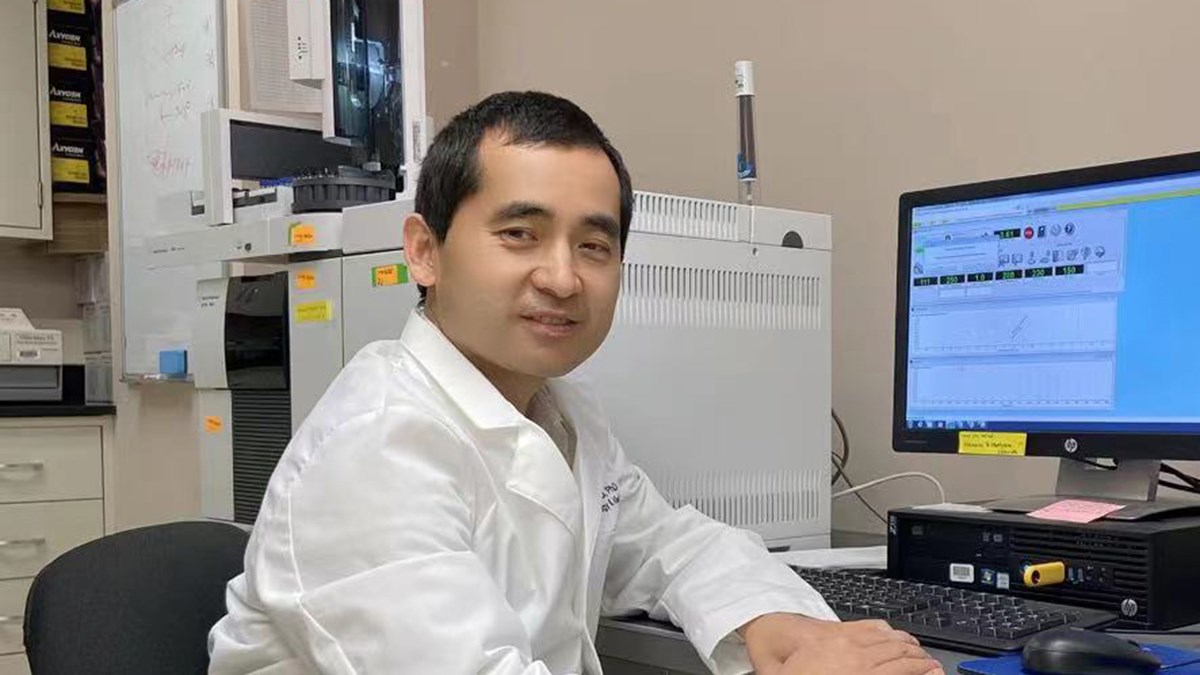Jianhai Du

“Being a scientist means you see the positive effect of your work on others. I'm thrilled every time to read letters from patients or researchers who linked our findings to their symptoms or research interest. It's also gratifying to see growth in the trainees in the lab.”
Why did you choose this career? Was there a specific “a-ha” kind of moment?
This career allows me to work with talented scientists and students around the world to unravel the mystery of biology and keep updated with new technology. The beauty of science is troubleshooting the unsolved and new problems. Every moment of problem-solving is my a-ha moment.
What in your educational experience and training stood out to you, and what advice would you share with students who are in that position now?
Research literally means search again. Failed experiments or hypotheses are opportunities for new directions to “re-search” and make true discoveries.
What is your research area?
My research interest is cell metabolism in eye health and disease. Metabolism is crucial to our health because it provides energy to fuel each cell and nutrients to meet the needs of various biological processes. The light-sensitive retina in the eye has exceptionally high metabolic demands. The disruption of metabolism by either the mutations of metabolic genes or dysfunction of metabolic pathways can cause blindness in diseases such as inherited retinal degeneration, age-related macular degeneration, and diabetic retinopathy. Findings from my lab and other groups show that different eye cells use nutrients differently and work together as an ecosystem to support visual function. My research aims to understand this metabolic ecosystem in healthy and diseased eyes and identify new treatments to fight blindness.
What is the most rewarding part of your position/best thing about being in your career/what you do?
The most rewarding parts of being a scientist is that you see the positive impact of your work on others. I was thrilled every time to read letters from patients or researchers who linked our findings to their symptoms or research interest. It is gratifying to see the growth of the trainees in the lab. For example, eight of my undergraduate researchers got into their dream medical schools or graduate schools.
What grants/publications stand out to you in your career or current ones now?
I am grateful for donors and reviewers from the BrightFocus Foundation. I am luckily funded by this foundation twice to study nutrient metabolism in age-related macular degeneration. The first time was in 2016 when I just started my research lab at WVU, and the second time is this year. I am thankful to the Retinal Research Foundation, which has funded me for the past three years to develop nutrional strategies in treating retinal degenerative diseases. I am also grateful to the National Eye Institute, which provides substantial financial support for our research in the coming five years.

